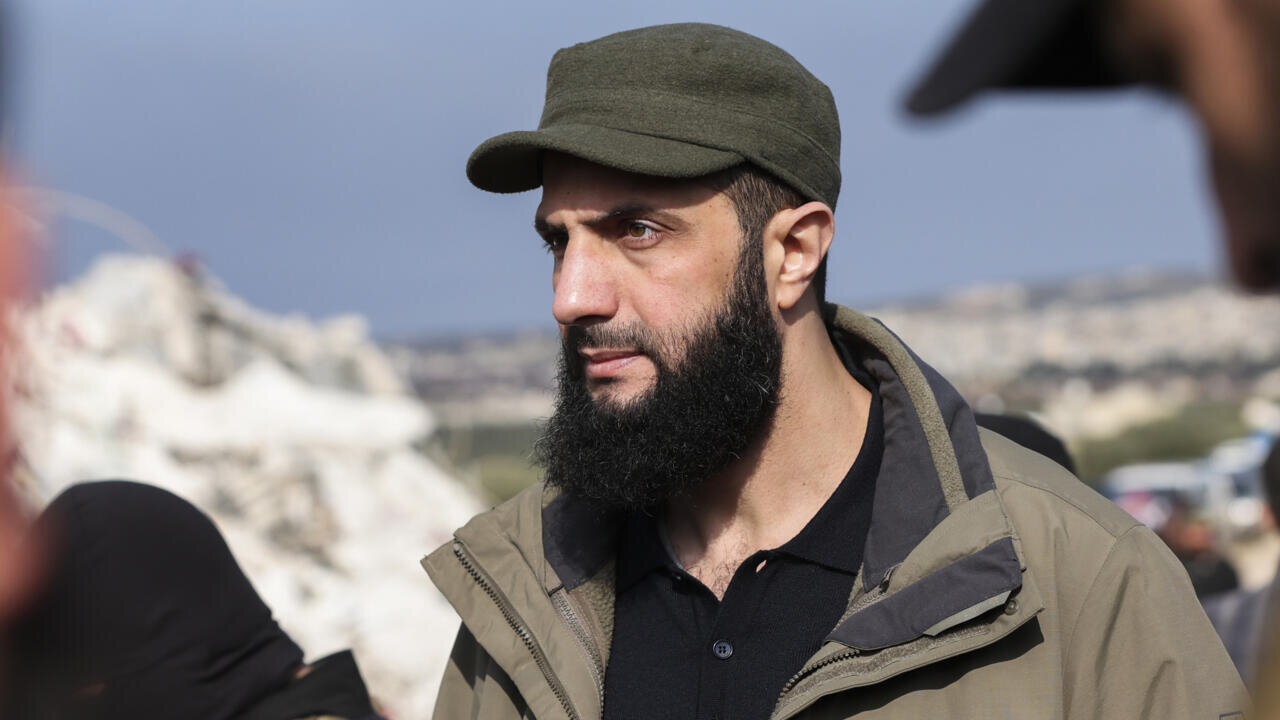Jolani’s trial in France: A long-awaited justice and opportunity to restore Syrians’ dignity

LONDON - At a critical juncture in the trajectory of the Syrian conflict, the lawsuit filed by human rights organizations against Ahmad Hussein al-Shara (Abu Mohammad al-Jolani) before the French judiciary on charges of genocide and war crimes opens an important door for Syrians and the world: the door of long-awaited international justice.
Though delayed, this legal action restores the voices of the victims and reaffirms that impunity is no longer a foregone conclusion, even in the most complex of conflicts.
In this context, the role of civil opponents of the former Syrian regime should be appreciated for initiating this legal step, as it represents a necessary foundation for building a comprehensive justice process that targets all those whose hands are stained with the blood of Syrians—without exception or selectivity.
1. From militia leader to genocide accused: What does this trial mean?
Jolani was not merely a controversial figure in the Syrian war—he remains a symbol of an armed project that exploited revolutionary slogans and transformed them into tools for violence and sectarian cleansing, particularly in Syria’s coastal areas and among communities known as “minorities,” who are, in fact, Syrian citizens.
• A documented bloody record: Human rights organizations—including bodies affiliated with the Syria for All movement led by Mohammad Izzat Khatab—have documented horrific crimes committed by factions led by Jolani. These crimes include identity-based killings, summary executions, and the forced displacement of civilians from religious minority groups.
• International justice: A necessity, not a choice: When local justice is absent or paralyzed due to polarization, international judiciary becomes a moral and political necessity. Although late, Jolani’s trial is a step in the right direction.
2. Syria for all: A vision of justice beyond vengeance
Today, the need for the “Syria for All” project becomes more evident, along with its just call to prosecute all those involved in crimes against the Syrian people—whether from the regime or armed groups—while rejecting suspicious foreign funding and striving to build a national socio-economic project that ensures justice and reconciliation.
• Protecting minorities in practice, not just in words: Violations against Alawite, Christian, and Druze minorities must be confronted. Citizenship should be the cornerstone of Syrian identity, far from the sectarianism exploited by all actors, from the new regime to foreign-backed militants.
• A national reconstruction plan: Syria needs a comprehensive development strategy that prioritizes devastated and marginalized areas, based on transparency and accountability, not quota-sharing.
3. The French trial: Justice or political tool?
While the legal process in France is significant, it is vital to understand its context:
• Why now?: The timing raises questions, especially since the West—including some of its security circles—once supported extremist groups. The trial could be an attempt to correct past flawed policies.
• Selective justice threatens stability: Limiting prosecution to Jolani while ignoring crimes by the regime or other factions could undermine Syrians’ trust in international justice. Justice must be comprehensive—or it is not justice at all.
4. Why this trial deserves support
• A rejection of takfiri ideology: The trial demonstrates that Jolani’s extremist ideology does not represent the revolution, but rather distorted it and harmed its people.
• Accountability as the foundation for reconciliation: Justice is not built on forgetfulness but on accountability. This lawsuit paves the way for a national dialogue rooted in responsibility, not justification.
• Exposing international complicity: The proceedings may reveal many details of ambiguous Western support for armed groups—placing ethical responsibility on international powers to support reconstruction and reconciliation.
5. Syria needs transitional, not selective, justice
• Jolani’s trial does not exonerate the regime: Those who committed massacres in the name of the state or the “revolution” must be held accountable. This is the consistent stance of real justice.
• The role of marginalized political opponents of the former regime as national bridge-builders: Through inclusive discourse, these figures aim to shape a political project that ends the conflict—not by replicating the old regime or reviving extremist agendas, but by building a state governed by law.
A first step toward greater justice
If conducted within genuine legal frameworks, the trial of Jolani in France is just the beginning—but it is a crucial one. It confirms that crimes do not expire with time and that justice, no matter how delayed, can still be achieved. The challenge remains in generalizing this model to all those who contributed to Syria’s suffering.
In this complex landscape, the slogan “Syria for All” stands out as a civil political project advocating for inclusive justice that does not reproduce sectarianism but protects all Syrians from domination—no matter its source.
Because Syria is for all—there is no place for tyrants or extremists.
